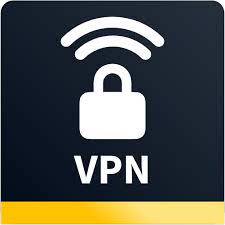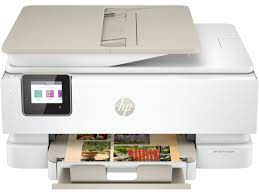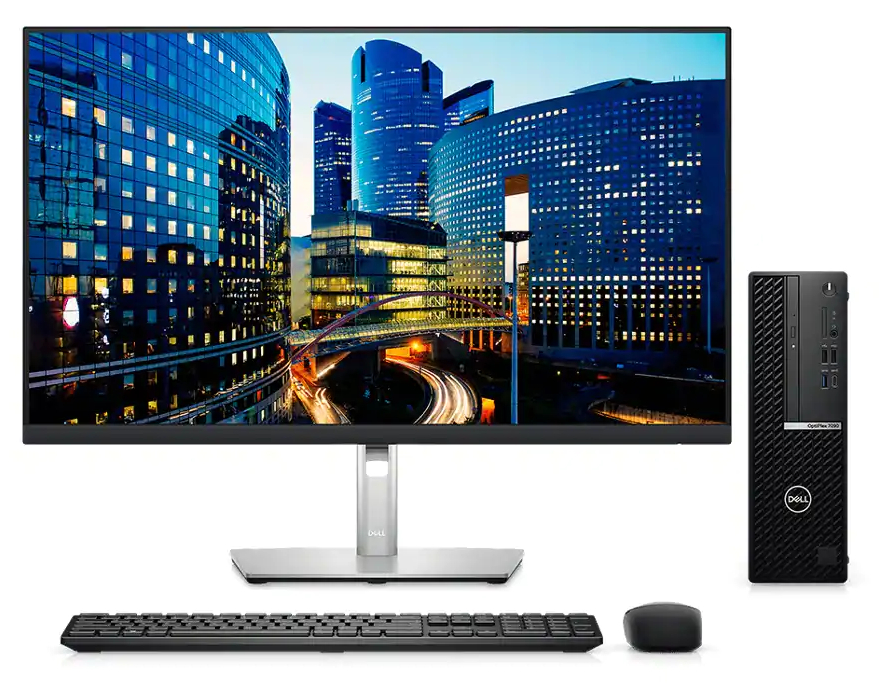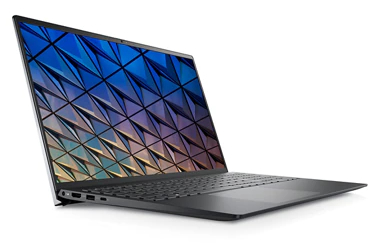Table of Contents
The short version
Do we recommend the use of a VPN?
No.
Read on for more details.
More Detailed Information
There is a lot of mis-understanding out there about VPN's. A VPN in a corporate environment differs from what is being advertised to personal Internet users. Let's talk about consumer VPN's.
- They do not protect against infection, junk software, unauthorized remote access, advertising, spam, etc.
- They are designed to protect your anonymity and usage only if you use extreme discipline.
- Being 100% anonymous on the Internet is nearly impossible. Government has unlimited access to all activity.
- They may have a benefit when using public WiFi depending on your computer configuration.
How does it work?
At it's most basic level, every device has an IP address which is a number such as 123.258.624.123. Each device in a building with Internet access has what is known as a "Private" IP address. This address is not known to the general Internet. What the Internet does know is the "Public" IP address of your modem/router.
It works exactly like your house address. Normal post office mail can be traced to and from the house address easy enough, just look at the address on the envelope, akin to an IP number. But, it's unknown who reads the mail once it enters the house or who sent it out of the house. Sure, there is a name on the envelope, but it could be someone else who actually reads or sends it. Identity theft comes to mind.
One could do detective work and check for finger prints to identify specifically who handled the mail or compare the handwritting, etc. The same goes with the Internet. With every communcation, a ton of information is associated with a simple request for a website. If you've been an Internet user for years, that information is saved everywhere.
The home address/modem IP narrows down "the who" by 99% percent, while additional information pinpoints the exact device that was used to call a website. Going further, since anyone could have used the device in the house, further information could be had by discovering what login account was used and who had access to that account. If only one person knows the password for a service that eminated from a particular IP address, the exact person can be identified.
If some entity want's to connect a person to Internet activity, they can't do it using a single piece of information, such as the public IP address of your modem/router. For example, a website that someone logged into might know the public IP address, but not the name associated with the address. For that, the Internet provider is contacted to find out which one of it's customers was using a certain IP address at a particular time.
Whether or not your ISP gives up that information is unknown. If law enforcement, government, corporations, or government controlled corporations forces the disclosure, that persons identity will be revealed, or at least the location of the IP address. From there, an investigation continues to pinpoint the actual Internet user targeted.
What's the problem with VPN's
If your public IP (modem/router) is hidden from the Internet using a VPN, but you navigate email, facebook, instragram, etc using your real name, organizations still know who you are. There is no need to know an IP address. You just told them who you are when you logged into an account using your email, phone number, or whatever.
Prime example: Facebook.
Example 1 of defeating the purpose of a VPN
- You buy and enable a VPN
- You log into your Facebook, email, or whatever using personally identifiable information.
- Unless someone is using your device pretending to be you, they know who you are.
Example 2 of defeating the purpose of a VPN
- You buy and use a VPN.
- You create a new Facebook account while using the VPN complete with a fake name.
- The problem? You set your recovery email or phone number to be the same phone or email you've used for years.
- Even if you access your fake Facebook account EVERY TIME using a VPN, Facebook knows who you are.
Example 3 of defeating the purpose of a VPN
- You buy and use a VPN
- You create a new, fake email while using the VPN to use as the Facebook login email.
-
YOU DO NOT USE ANY PHONE NUMBER AS A FACEBOOK ACCOUNT RECOVERY OPTION.
-
- You create a new, fake Facebook account using your new, fake email while using the VPN.
-
You do not "Friend" anyone.
-
YOU DO NOT USE ANY PHONE NUMBER AS A FACEBOOK ACCOUNT RECOVERY OPTION.
-
You turn off all possible Facebooks spying options.
-
-
Any interaction with the fake Facebook account is done while using the VPN.
You're good, right?
But, you screw up 1 single time. While using Facebook on one tab, you open another tab to go to a different website but discover the website won't work with the VPN running, which is not uncommon. You turn it off so you can navigate the website with the intention of turning it back on later.
Well, what did you just do? You're currently logged into your secret facebook and you are now NOT using the VPN. You are now bare naked to the whole Internet with your personally identifiable IP address.
You quickly turn the VPN back on but Facebook now knows your modem/router IP address, rendering the VPN worthless from that point forward. All it takes is one screwup like that. 3rd parties request/buy/demand your information, including government, who then call/buy/demand/subpeona your Internet provider who then hands over the name of the person using the discovered IP address on this date at this time.
The problem with VPN's
Your personal information "leaks" all over the Internet. If you've been on social media for months or years, posted on forums, etc., that information is saved everywhere. It's been sold/distributed/stolen/subpoenaed/saved countless times. Using these same services after purchasing a VPN with the SAME account information doesn't hide anything.
So, who uses a VPN?
VPN's come in handy if you find yourself in a country where a government declares a website is undesireable. You can use a VPN "Node" in a county that allows access to the website, thereby getting around any government sanctioned sensorship.
A VPN will hide your activity from your Internet provider and hide your public IP address from the general Internet. But, if you reveal personal information while using a VPN, they don't need your IP address because you just told "them" who you are.
Finally, a VPN can offer an increased level of security when using a public WiFi, depending on how your computer is configured.
How to make a VPN work
- You must separate your VPN identity and your regular identity
- Using your regular identity with a VPN defeats the purpose of the VPN, which is to stay hidden.
- To avoid a screwup, never, ever, turn off your VPN while trying to stay hidden.
- If you must turn off your VPN to make something work, your IP address is visible. Good luck.
- Confusing? You bet it is. It's almost impossible to not mess up at some point.
In summary, you will have your regular, past internet identity and your VPN identity. Mixing the two makes consumer focused VPN's worthless. Any Internet services used with personally identifiable information while using a VPN does not hide your activity.
Things to know
- Not all websites will work with a VPN enabled. Fortunately, or not, a VPN can be temporarily turned off.
- Overall performance might suffer when using the VPN.
- Some programs on your computer that use the Internet may not work. Again, you will have to turn off the VPN.
- There are free versions of VPN's. Good luck with that.
- There is a free service called "Tor" that is effective in masking your Internet activity and it's free. It's a viable option and has some operational similarities to VPN's, but that's a whole other topic. The TOR system may not work with some websites.
- They may have a benefit when using public WiFi depending on your computer configuration.
What we recommend
- We recommend the Norton VPN service.
- Like most, it's easy to turn on/off and affordable.
- We use it personally and find that all the website we normally visit don't require it be turned off.
- Norton claims they don't log your Internet activity. Who knows?
Contact us for more information
Service Rates




